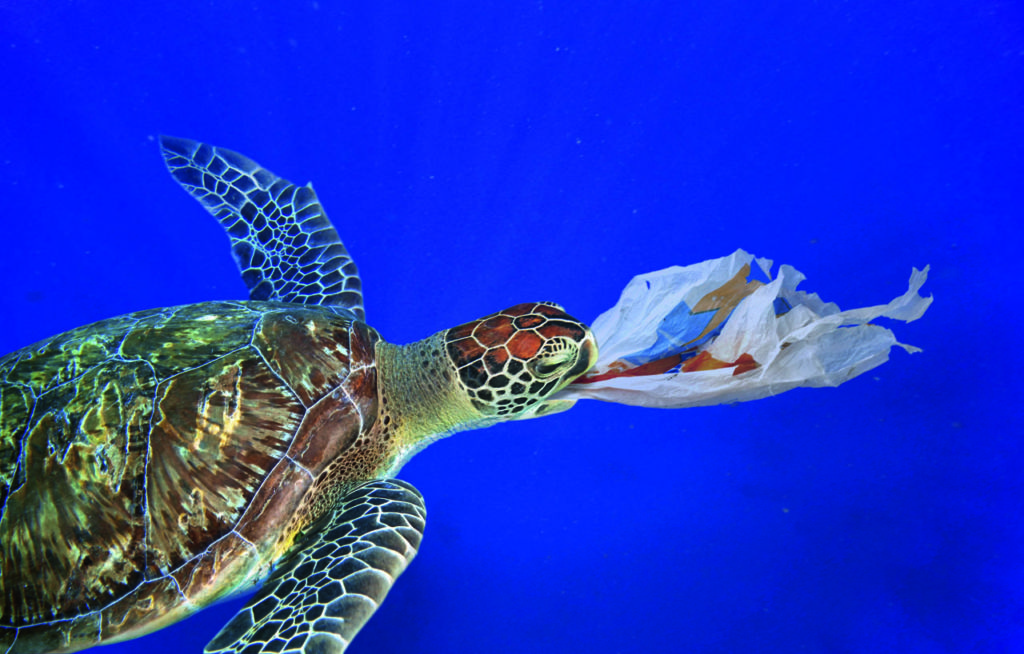[LUM#9] Plastic and the turtle
In France, 85% of sea turtles have ingested plastic waste from our everyday consumption. This is the alarming finding of researchers from the European INDICIT project, who are studying the presence of plastic in the digestive systems of these marine animals.

"Cake wrappers, lollipop sticks, cotton swabs, bottle caps, salad dressing bottles, trash bags, pieces of cups... These are just some of the disposable items that Gaëlle Darmon, a researcher at the Center for Functional and Evolutionary Ecology (CEFE), did not expect to find almost systematically in the digestive tracts of turtles.
Turtles floating
For almost two years, the researcher and her colleagues have been tracking the presence of plastic in the digestive tracts of sea turtles. According to the initial findings of this project, dubbed INDICIT (Indicator Impact Turtle), 60% of the thousand loggerhead turtles observed had ingested plastic waste. "This varies between 25% and 85% depending on the country," explains Gaëlle Darmon, " with a rate of around 80-85% for France, Italy, and Spain. Locally, in the French Mediterranean, the rate is as high as 100%."
This has serious consequences for these iconic marine animals. "Although direct deaths from intestinal blockage or perforation are only observed in 1 or 2% of cases, ingesting plastic has other serious health consequences, " notes the researcher. The plastics in their digestive tracts prevent turtles from feeding and moving normally. "We have seen turtles floating on the surface, unable to dive because of the air bubbles created by the plastics."
A study conducted in seven countries
To carry out this project, around 100 participants in seven countries were mobilized. In France—where the project is led by the CNRS—as well as in Italy, Spain, Portugal, Greece, Turkey, and Tunisia, researchers from ten laboratories joined forces with healthcare centers and stranding networks. "Thanks to them, we were able to perform autopsies on dead turtles and study the excrement of turtles brought alive to the healthcare centers, " explains Gaëlle Darmon.
In Montpellier, these observations were made possible thanks to the Center for the Study and Protection of Mediterranean Sea Turtles (CESTMed) based in Le Grau-du-Roi and the French Mediterranean Sea Turtle Network (RTMMF).
According to the researcher, the study, which was completed in January 2019, will enable us to "assess the current state of pollution in the Atlantic and Mediterranean regions in order to evaluate the effectiveness of the measures that will be taken, " but also, and above all , to raise public awareness of "the urgent need to reduce our consumption of single-use items."
Find UM podcasts now available on your favorite platform (Spotify, Deezer, Apple Podcasts, Amazon Music, etc.).